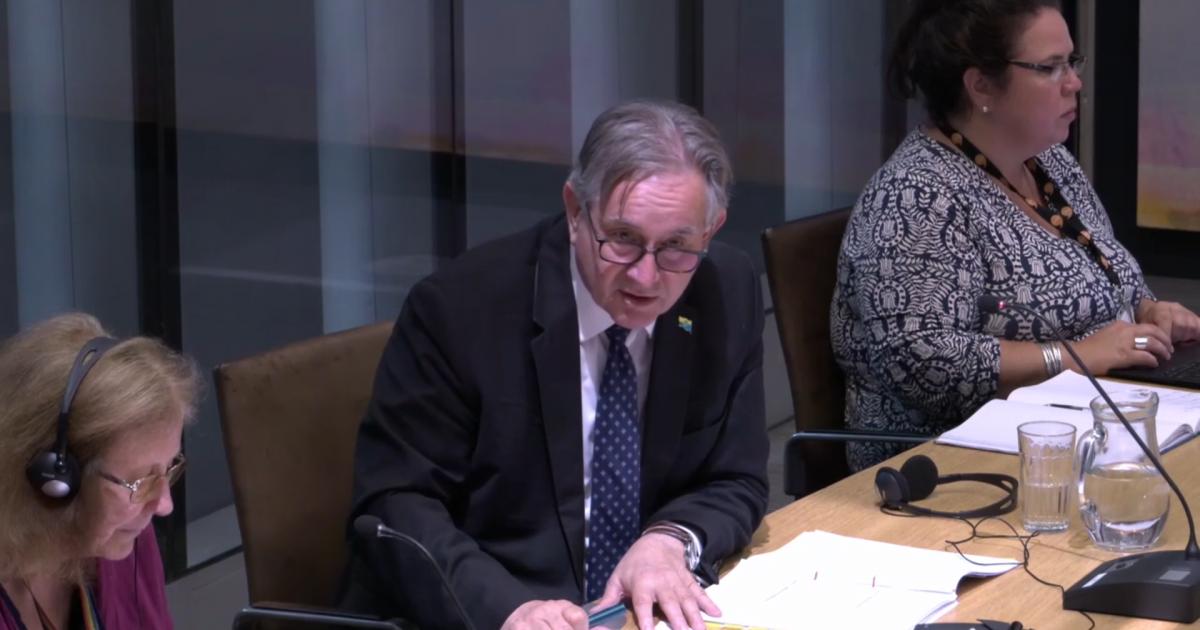The Senedd’s equality committee took evidence as part of follow-up scrutiny a decade on from the Welsh parliament passing the Well-being of Future Generations Act in 2015.
Labour’s Mick Antoniw warned the Act, which aims to put sustainable development at the heart of decision making, lacks impetus and risks being a “bureaucratic tick-box exercise”.
Mr Antoniw, who was involved in early stages of scrutiny of the then-bill, said: “It started off… as a sustainability bill until no one could actually define what they meant by sustainability… came up with the term future generations and… that might be seen to be equally nebulous.”
As well as describing the Act as vague, the former minister suggested Wales’ future generations commissioner has few – if any – powers to hold public bodies to account.
He said: “I always thought that was a mistake right from the beginning, [you] don’t give it proper teeth to actually have the impact that shifts decision making.”
Calvin Jones, an environmental economist, said the commissioner and his predecessor told him their only “big stick” is to “name and shame” which they are reluctant to do. “As soon as you get the stick out, people take their eyes off the carrot,” he said.
“There’s this constant tension between wanting to chivvy the laggards along but realising once you get a reputation as somebody who’s an auditor effectively then games start being played and boxes start being ticked.
“That tension has always stymied the way in which the commissioners have been prepared to name and shame which was, I think, the only serious bit of teeth in the Act.”
Prof Jones, who left Cardiff University in May, suggested Audit Wales should have more of a role in holding public bodies to account in a similar way to their bookkeeping duties.
He warned of a major lack of funding for the commissioner’s office, describing the money allocated by the Welsh Government as akin to using a sticking plaster on the Titanic.
